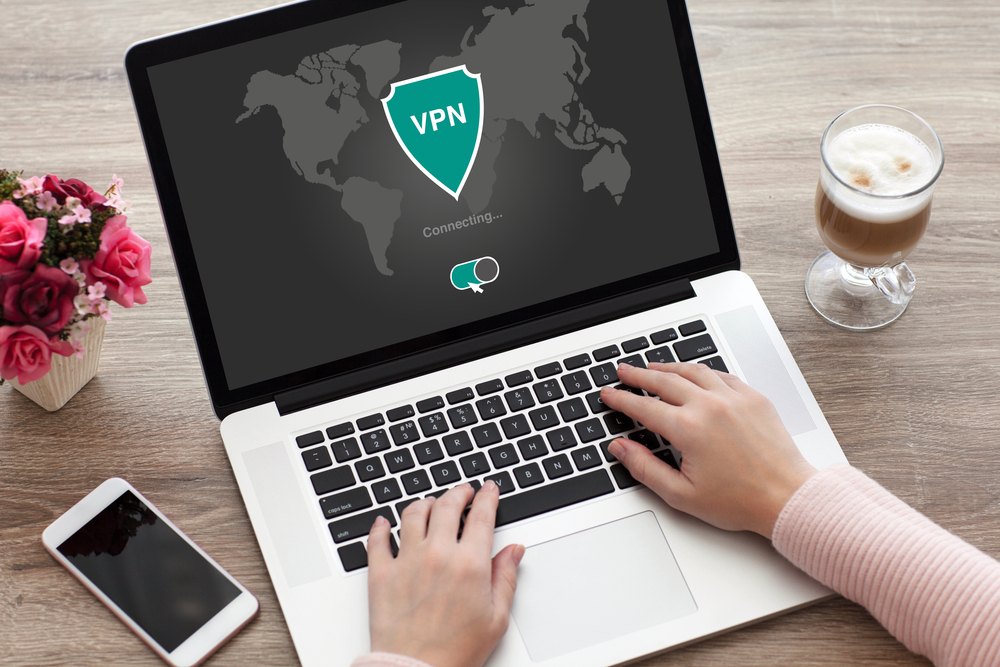Table of Contents
While perusing the internet, a rising number of individuals utilize a VPN. VPN is an abbreviation for Virtual Private Network. It’s a simple and effective solution that provides three critical benefits when you go online: increased security, online privacy, and freedom.
If you are inexperienced with the notion of a virtual private network, it might seem fairly intimidating. This article will detail how a VPN works and why it is used. We’ll explain the benefits and capabilities of VPNs in detail. You can subscribe to a good internet connection such as spectrum internet, and you’ll be good to go.
What is a virtual private network (VPN)?
When you use the internet, your device is constantly sharing data with other parties on the device (for example, your smartphone or laptop) and the internet. The VPN enables you to communicate data to an external server over an encrypted, secure connection: the VPN server.
Three things happen when you create a secure connection with an external server. To begin, it assists you in concealing your true IP address. Second, it safeguards your information. Thirdly, it enables you to surf the web more freely. We’ll go into further depth about each of these points below.
Why Am I in Need of a VPN?
Our lives are becoming more reliant on the internet. We do financial transactions, communicate with friends, access medical records, and work online. It is critical that none of this information about you gets out on the street.
After all, you do not just discard your bank invoices. Without securing your internet connection, you risk hackers, governments, your internet provider, websites, and your job learning more about you than you want. A VPN protects your data from all of these entities. If you use a VPN with spectrum internet, you won’t face slow internet problems.
There are several reasons why individuals begin utilizing a VPN. The most significant ones are as follows:
- It enhances your online security.
- It enables you to surf the web more freely
- It improves the security of public Wi-Fi.
How does a VPN protect your online privacy?
A VPN provides security by encrypting all of your internet traffic strongly, even before it reaches the VPN server. Additionally, it routes your data traffic over a far more secure “VPN tunnel.” This significantly complicates the task of others, such as governments and hackers, intercepting and seeing your data. As a result, it is essential to utilize a VPN while connecting to (hazardous) public WiFi networks.
Using a VPN at home or at business might be equally beneficial. Providers such as NordVPN or ExpressVPN use the industry-standard AES 256 encryption. With that level of safety, you can be certain that no one will acquire your data and use it against you.
VPN protects your online privacy and anonymity
A VPN increases your online privacy by preventing your IP address from being publicly disclosed when you browse the web. A VPN enables you to remain anonymous while visiting websites. Once you connect to the VPN server, your own IP address will be masked, as it will be replaced by the VPN server’s IP address.
Normally, depending on your IP address, people may associate your online activities with your identity and location. For example, your internet service provider, the websites you visit, and a large number of governments may all see what you do online. However, spectrum internet as your ISP tends to keep things highly private.
When you use a VPN, your internet activities can no longer be linked back to you (unless you are signed into a specific website such as YouTube or Google). Numerous VPN providers will not reveal or even track your activity on their servers. Since a result, you’ve gained much greater anonymity on the internet, as your IP address cannot be used to identify or track you.
VPNs Provide You with the Freedom
VPNs may provide you with more internet freedom. It enables you to connect to servers located around the globe. When you connect to a VPN server located in a certain country, you may access the internet as if you were physically present in that nation. This is advantageous since the internet is not universally available. Certain governments filter portions of the internet or place limitations on social media platforms and online video streaming services.
If you are on vacation or have relocated, you may be unable to see your regularly scheduled feeds. Additionally, a VPN enables you to connect to the internet through servers located in your own country, allowing you to re-access prohibited websites or watch your favourite program. It also works in reverse: if you wish to acquire access to websites or streaming services in another country (for example, to view a different version of Netflix), you may use a VPN with your favorite spectrum internet.
A VPN Provides Protection When Using Public Wi-Fi
If you’re connected to a public Wi-Fi network, you’re a tempting target for hackers. A public Wi-Fi network is inherently less secure than your own. You have no idea who else is connected to the network or who configured it. Hackers take advantage of public Wi-lack Fi’s security to steal your personal and private information. We suggest that you always use a VPN while accessing public Wi-Fi networks.
A VPN encrypts your traffic and routes it over a secure tunnel. Encrypting your data almost eliminates the possibility of anybody seeing it. It significantly complicates the process by which hackers, governments, and your internet service provider get access to your private information.
